Don McCullin on finding salvation in the countryside
A deeply personal survey of landscape photographs at Hauser & Wirth reveals the photographer’s long relationship with his home in Somerset and the fragility of our natural environment
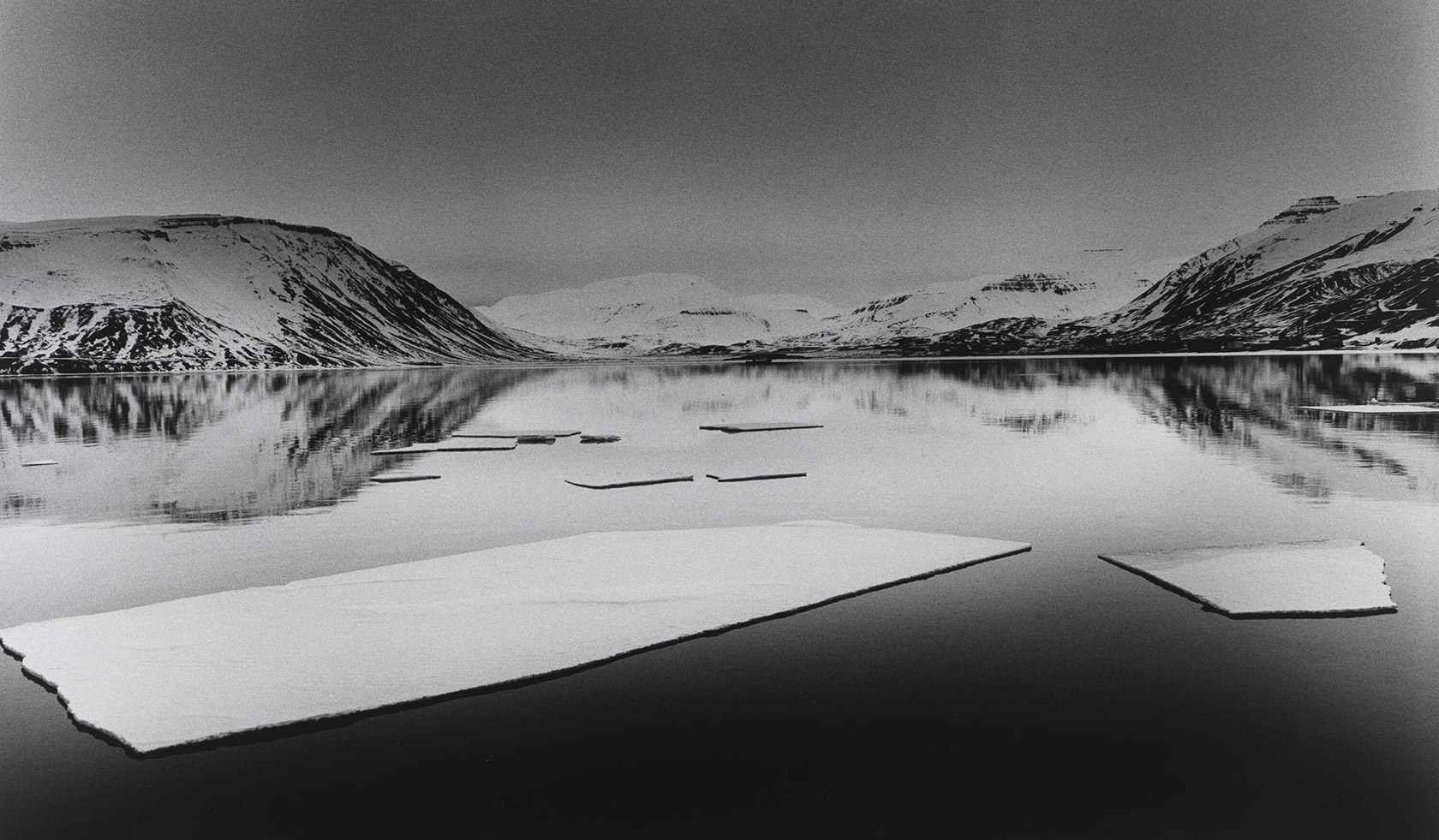
Sir Don McCullin - Photography
‘I feel like [the gallery] only gave me this show because they thought I was about to die,’ quips Sir Don McCullin ahead of the opening of his new exhibition at Hauser & Wirth Somerset. After six decades of covering conflict, the 84-year-old British photographer words still pierce with the same steely earnestness as his images. This deeply personal survey spans his extensive travels across the globe, from painterly compositions of Somerset’s ‘metallic dark skies’ to the fragile Arctic landscape, colossal ruins in North Africa, sacred Indian and Indonesian locations, and meditative still lifes. Here, in his own words, McCullin candidly opens up about his enduring connection to the British countryside, losing control and the great challenge of landscape photography…
Somerset calling
I owe something to Somerset because I came here when I was a child, about 80 years ago, as an evacuee during the [Second World War]. I spent a couple of years in Somerset, then went back to London and then I went somewhere else because my mother wanted to get rid of me. But I never forgot Somerset and about 36 years ago I returned. I had just been fired from The Sunday Times and I was in a very strange place, I was very depressed. I was sacked by a man called Andrew Neil [then-editor of The Sunday Times], who I don’t like, you might say.
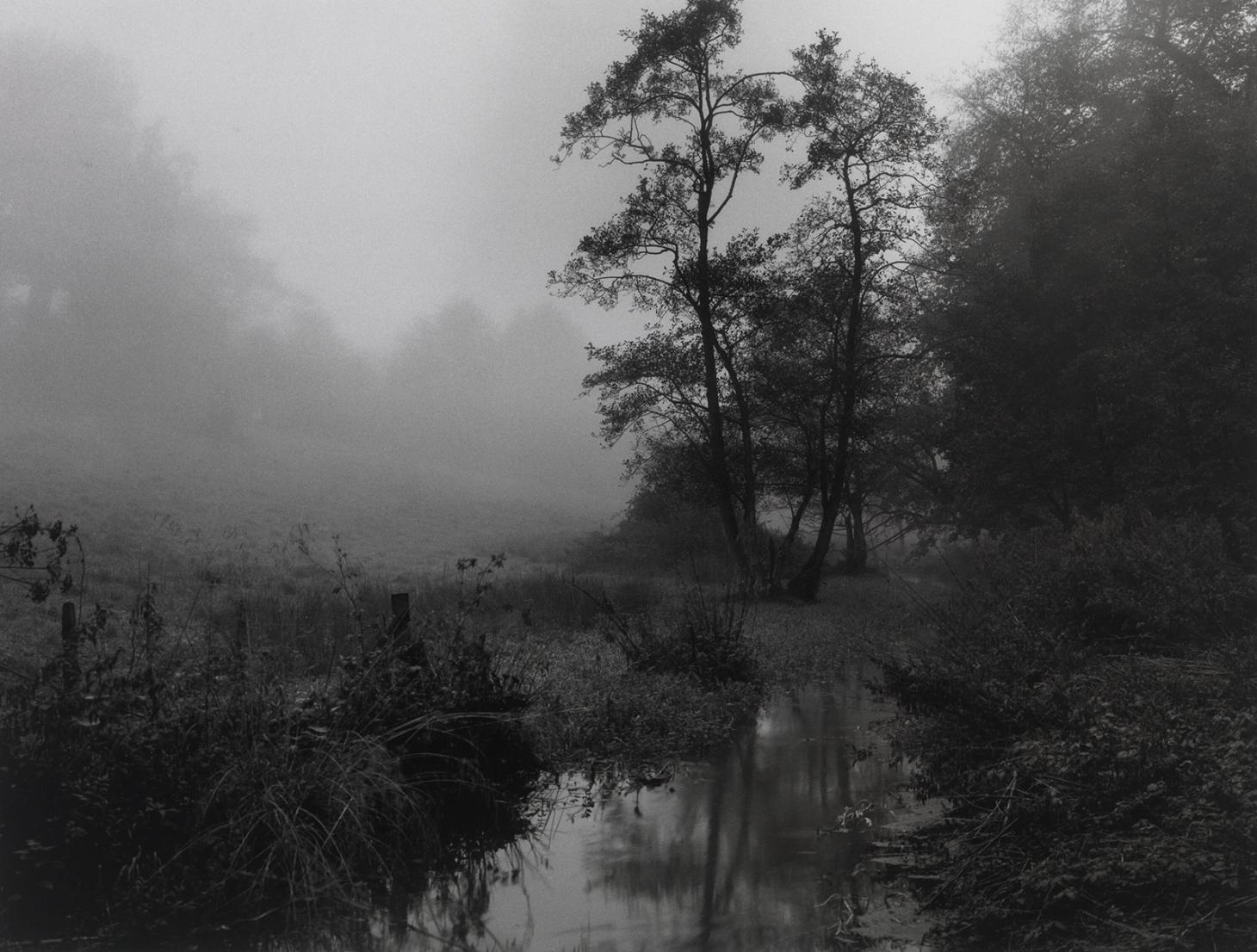
The River Alham that runs through my village in Somerset, mid-1990s, by Don McCullin, gelatin silver print. © Don McCullin. Courtesy of the artist and Hauser & Wirth
Anyway, I found a house down here in Somerset. Because I lived on the hill outside of town, all you could see were the skies, but they were coming from the west where all our weather fronts are from. I [once] saw a collection of paintings by Constable in a private collection in Canada – he did a series of skies on small canvases. So the first thing I do when I wake up in the morning is to look at the sky and think [to myself] if there is a possibility that I can make a landscape picture today. And of course, some days there are, and some days there are not.
A shot in the dark
I don’t work in the summer, I only take pictures in the winter because the sky is much more expressive. I embarked on this landscape career in between doing the other weird things I do in photography. And I do this voluntarily – no one asks me to do it, no one pays me to do it. It’s me that makes myself do it. I started doing landscapes around 1990, and after all these years I’ve managed to put this collection together. I’ve printed every one of these pictures, so there’s a lot of me in these pictures, a lot of my integrity and a lot of my emotional thoughts. It’s a short history of my life for the last 80 years and it has been a great challenge for me.
I’ve got 60,000 negatives, so in the past I’ve always jumped on the ones I thought were the best, and I pushed a whole swathe of them aside. Now I look at them and think that time helps the negative. You can look at a picture that was take in the 1960s and it appears as if it was taken 100 years ago. Time actually enriches these pictures and makes them look very historical.
Sight of the times
I’m just out of control, but it’s not negative out of control, it’s very positive. I have to be very careful I don’t become very offensive about it because people say, ‘What is he trying to do here? Is he trying to frighten us? Is he trying to please us?’ It’s both, really. I used to travel the world working for The Sunday Times, mostly to wars and revolutions. After I came home, I used to abandon my young family – which was very wrong of me – because I wanted to keep going. I was suddenly like a mad dog out of control.
RELATED STORY
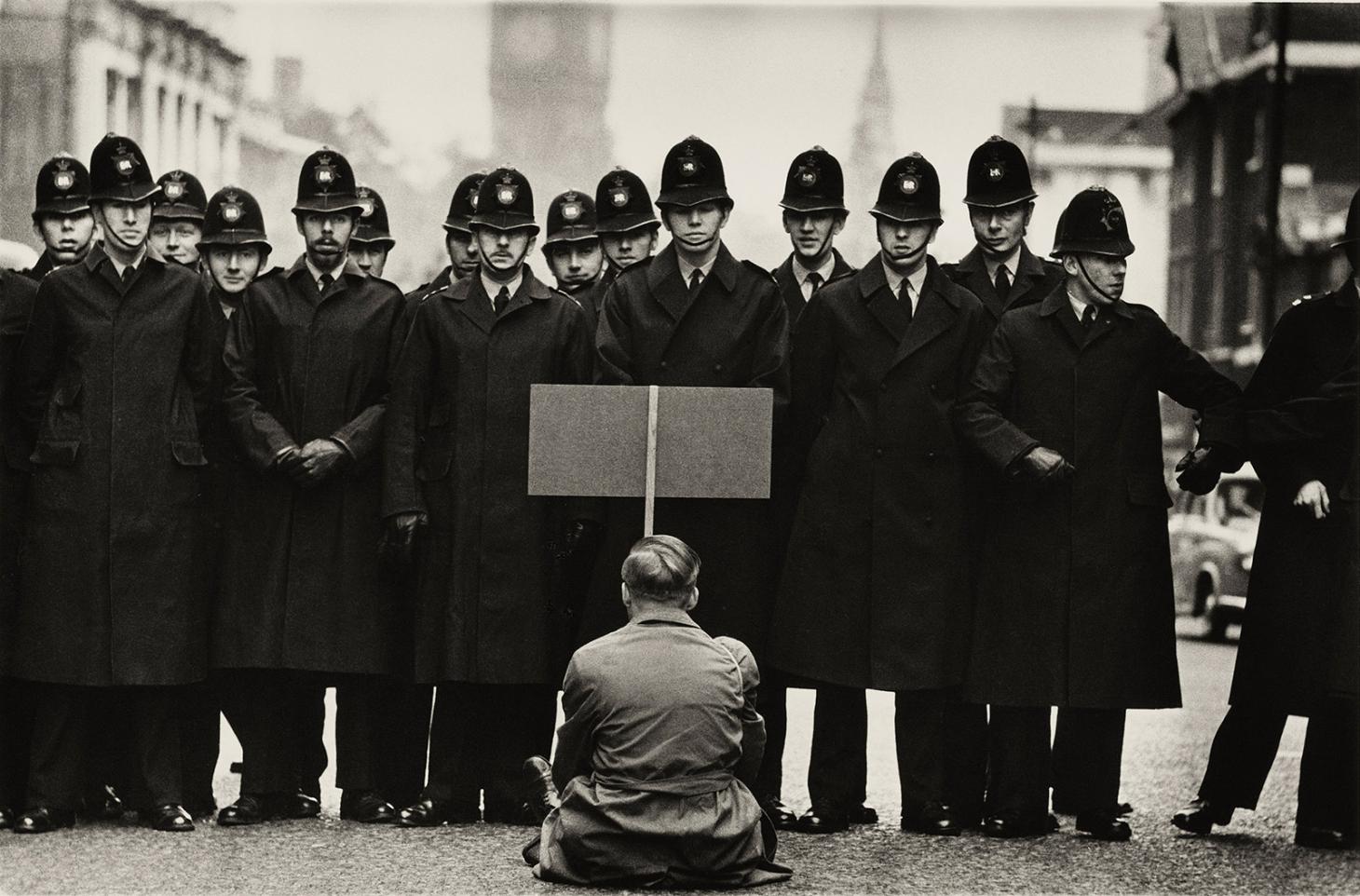
‘The stillness of silence and sometimes my loneliness provoke my imagination, but, like the surrounding land, I am fighting to release the past in me’
I thought I have to do some English landscapes based on [photojournalist] Bill Brandt, a German emigré who came to England in 1933. He was quite wealthy so he would photograph things like maids in posh houses wearing pinnies. But then he would go to the North of England and photograph miners being scrubbed in aluminium bathtubs – I was a fan of his and started following in his footsteps. Thank God I did, because Northern England was a honeypot, it was full of riches. Still, I was indulging myself – in my conscious – on the back of other people’s misfortunes because I was photographing the underprivileged. Mind you, I came from an underprivileged background myself so I thought I knew and understood what I was doing.
The politics of nature
My work is, in a way, environmental, and it’s the same with the landscape [in Somerset]. Our biggest threat around here is that it’s desirable. So-called developers – who aren’t actually developers but are backward-thinking – want to build here and in the end they’ll ruin what we’ve all came to love. But people must have houses. There’s no doubt that my photography has got a political twinge to it, but I’m not clever enough to frame it with voice and mind – I do it better through pictures. But everything we love is under threat, really, the whole planet.
Wallpaper* Newsletter
Receive our daily digest of inspiration, escapism and design stories from around the world direct to your inbox.
The landscapes are [political] because of the green belt. There are more than 60 million people living in this country now – where can they go? We can’t imprison them all in cities. Eventually we’re going to have to break out and take some of that land. The green belt was meant as a conservation area for our future generations but we are going to have to bite into it. But I’ll be dead by then, so it won’t bother me. Every time I leave London, I keep seeing another deadly threat: they’re called industrial parks, and they’ve got nothing to do with parkland. It’s a poncey name that’s trying to avoid the fact that it’s another blot on the landscape.
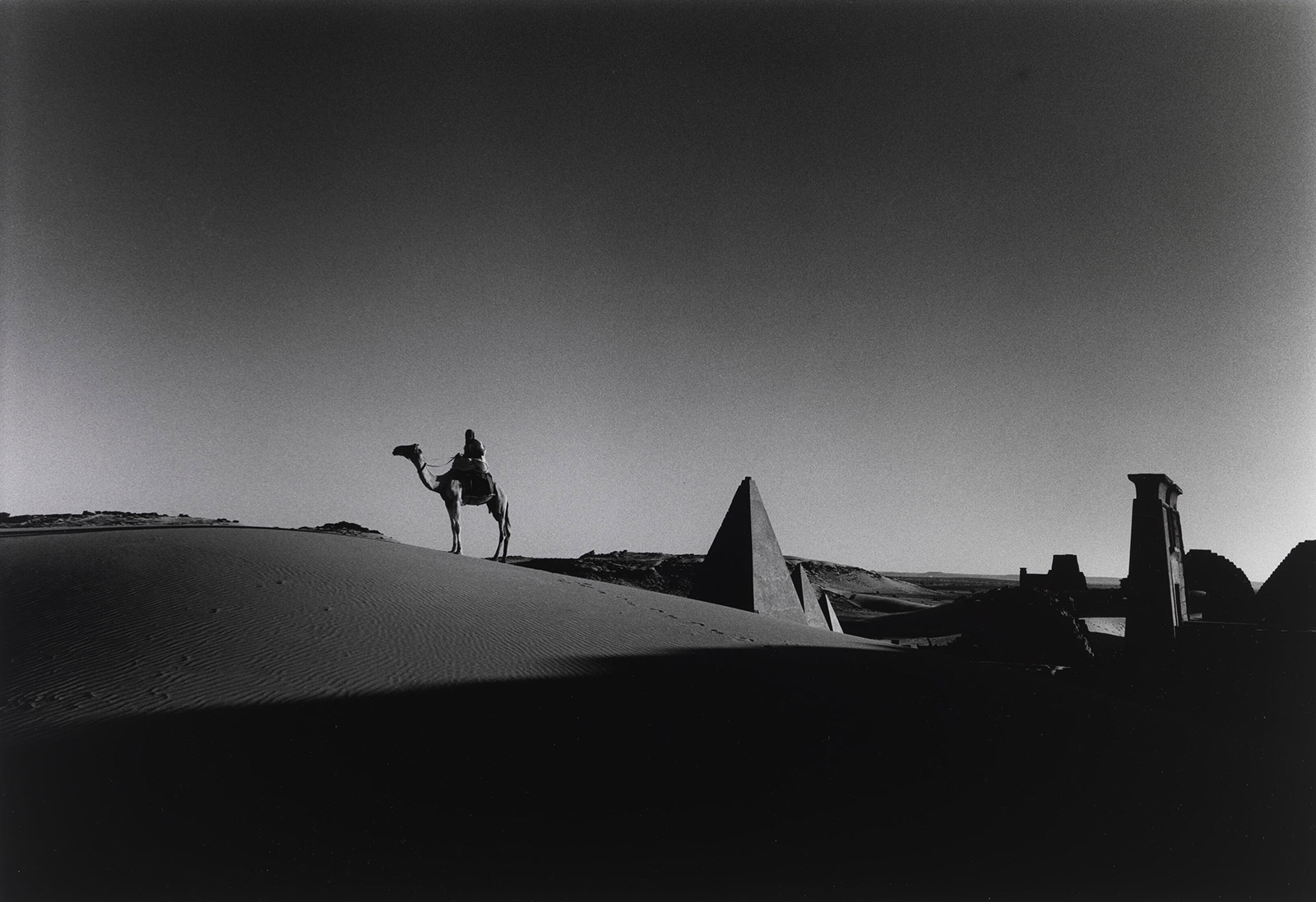
Meroë, the east bank of the Nile, Sudan, 2012, by Don McCullin, gelatin silver print. © Don McCullin. Courtesy of the artist and Hauser & Wirth
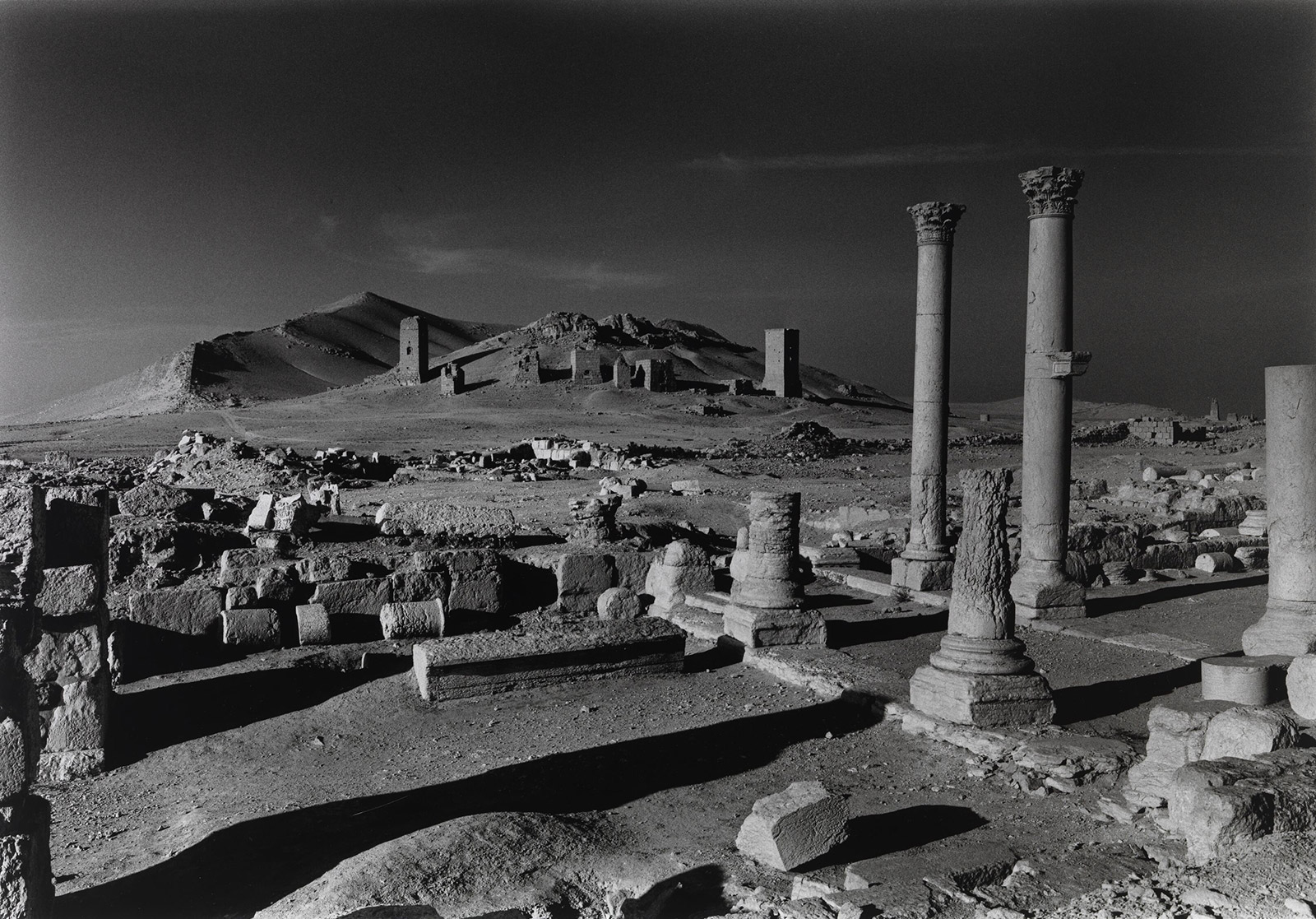
Looking forward to the valley of the tombs which Isis have destroyed, 2016, by Don McCullin, gelatin silver print. © Don McCullin. Courtesy of the artist and Hauser & Wirth
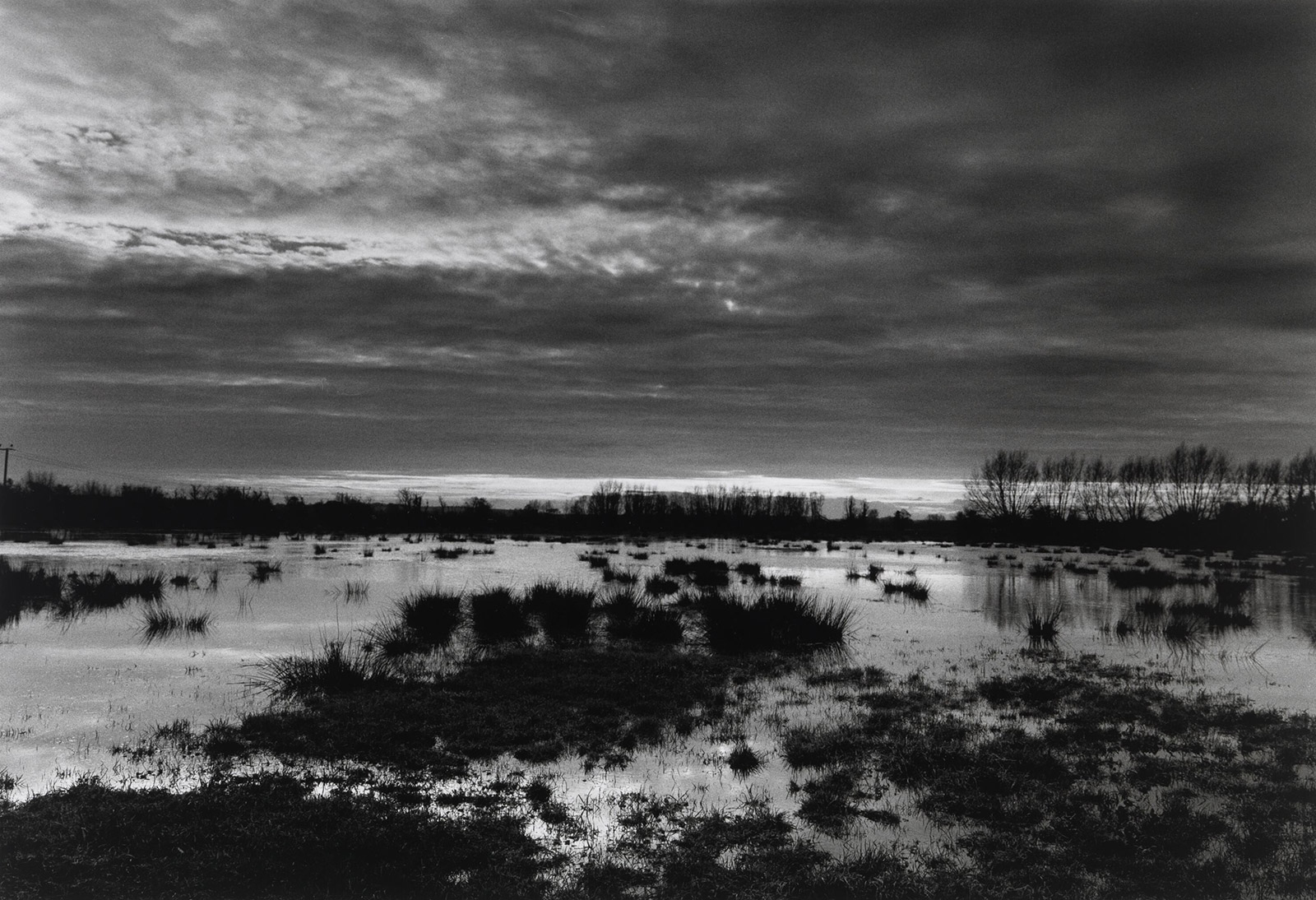
The Somerset levels at dusk, 1998, by Don McCullin, gelatin silver print. © Don McCullin. Courtesy of the artist and Hauser & Wirth
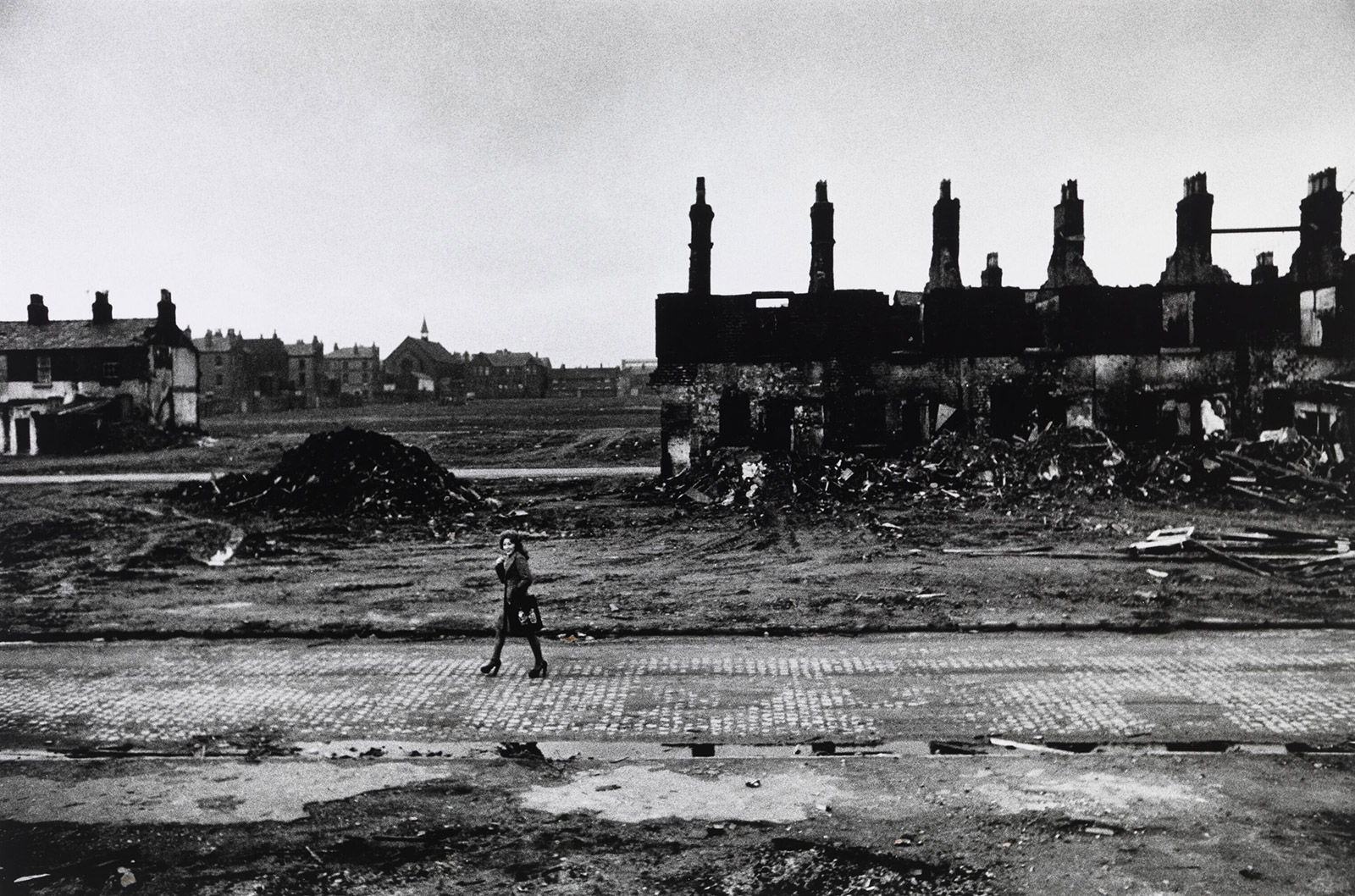
Liverpool, Slum clearance, 1970s, by Don McCullin, gelatin silver print. © Don McCullin. Courtesy of the artist and Hauser & Wirth
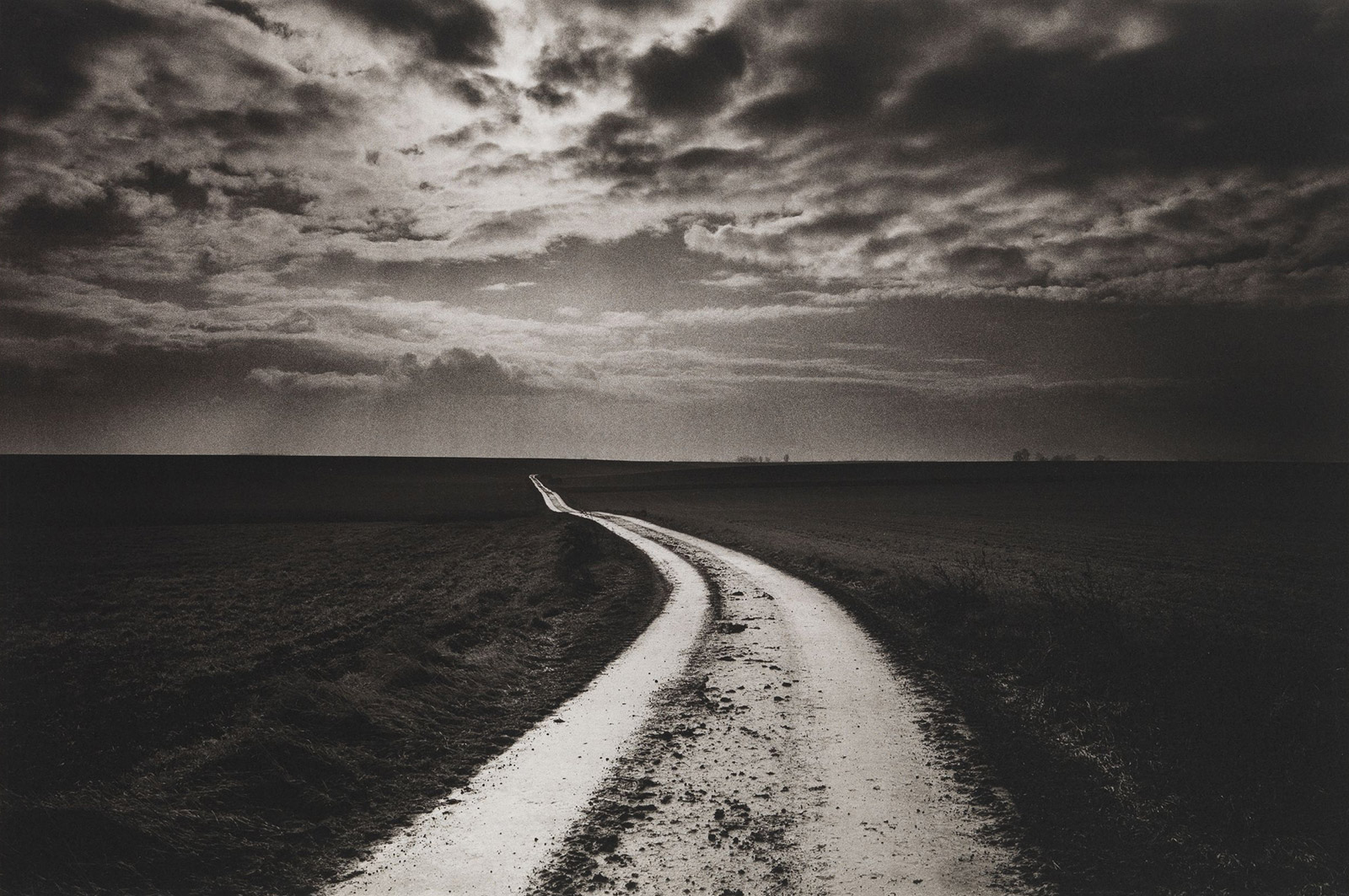
The Road to the Somme, France, 1999, by Don McCullin, gelatin silver print. © Don McCullin. Courtesy of the artist and Hauser & Wirth
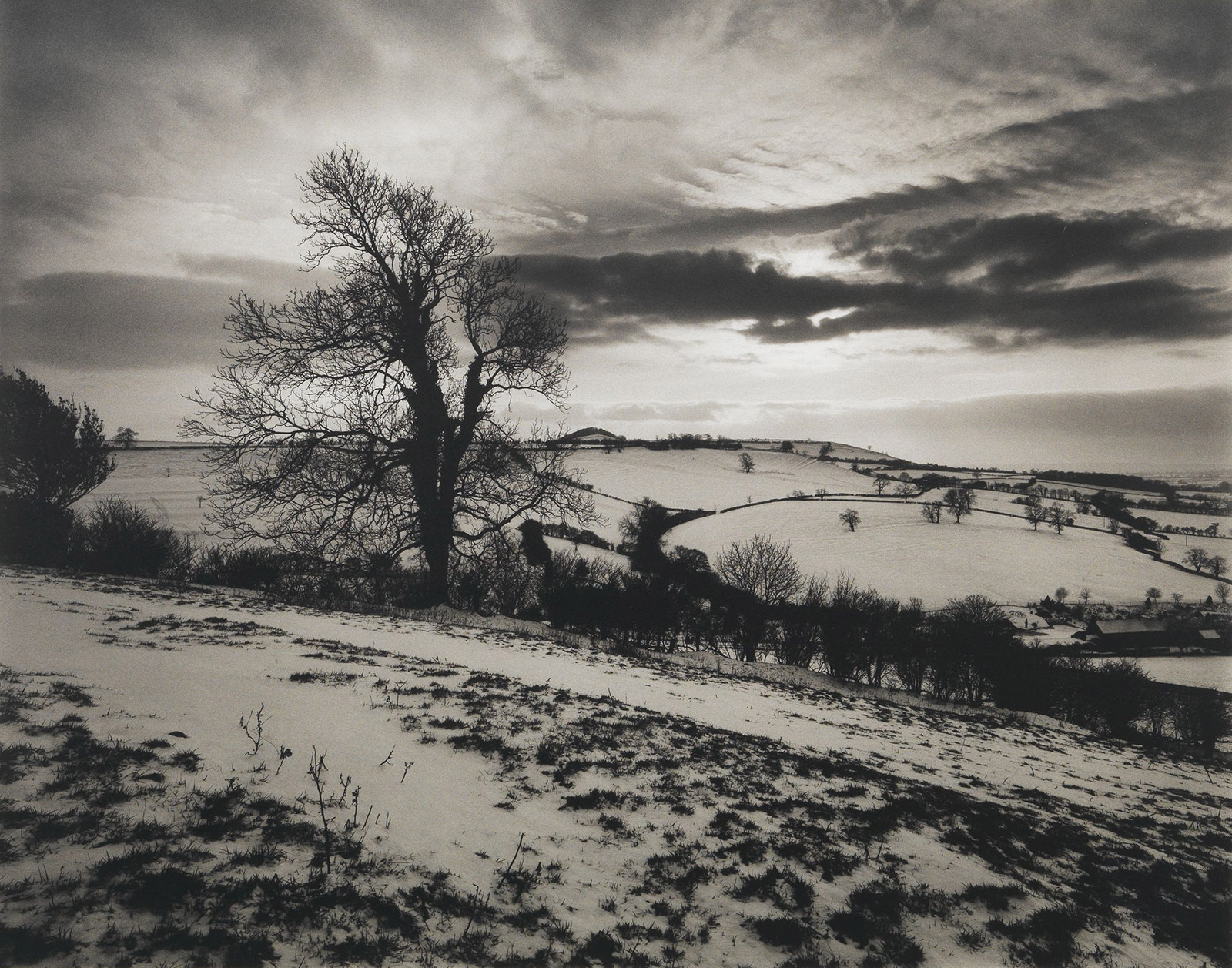
Batcombe Vale, 1992-93, by Don McCullin, gelatin silver print. © Don McCullin. Courtesy of the artist and Hauser & Wirth
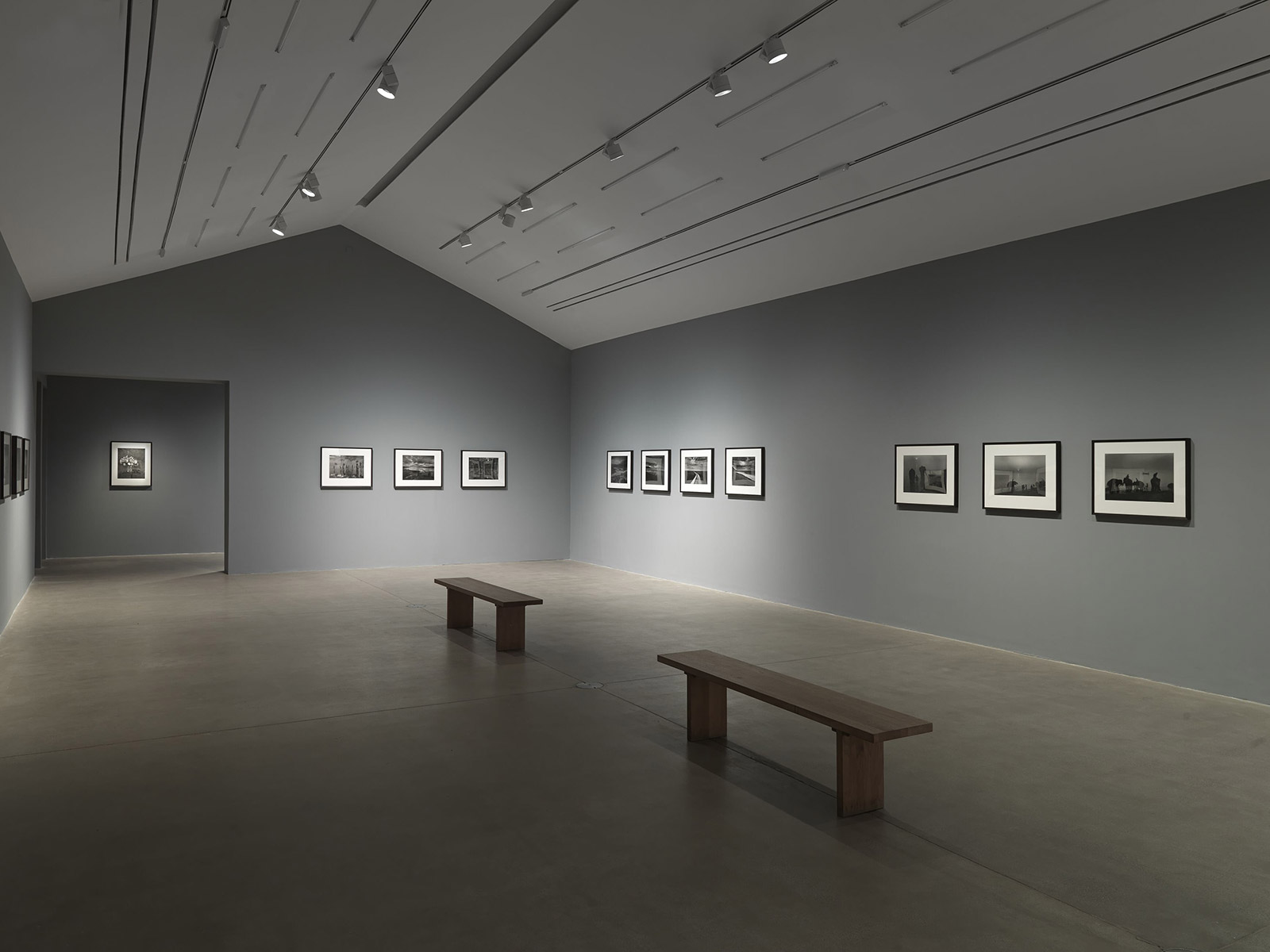
Installation view of ‘Don McCullin. The Stillness of Life’ at Hauser & Wirth Somerset. © Don McCullin. Courtesy of the artist and Hauser & Wirth
INFORMATION
‘Don McCullin. The Stillness of Life’, 24 January – 4 May, Hauser & Wirth Somerset. hauserwirth.com
ADDRESS
Hauser & Wirth Somerset
Durslade Farm
Dropping Lane
Bruton
Somerset BA10 0NL
-
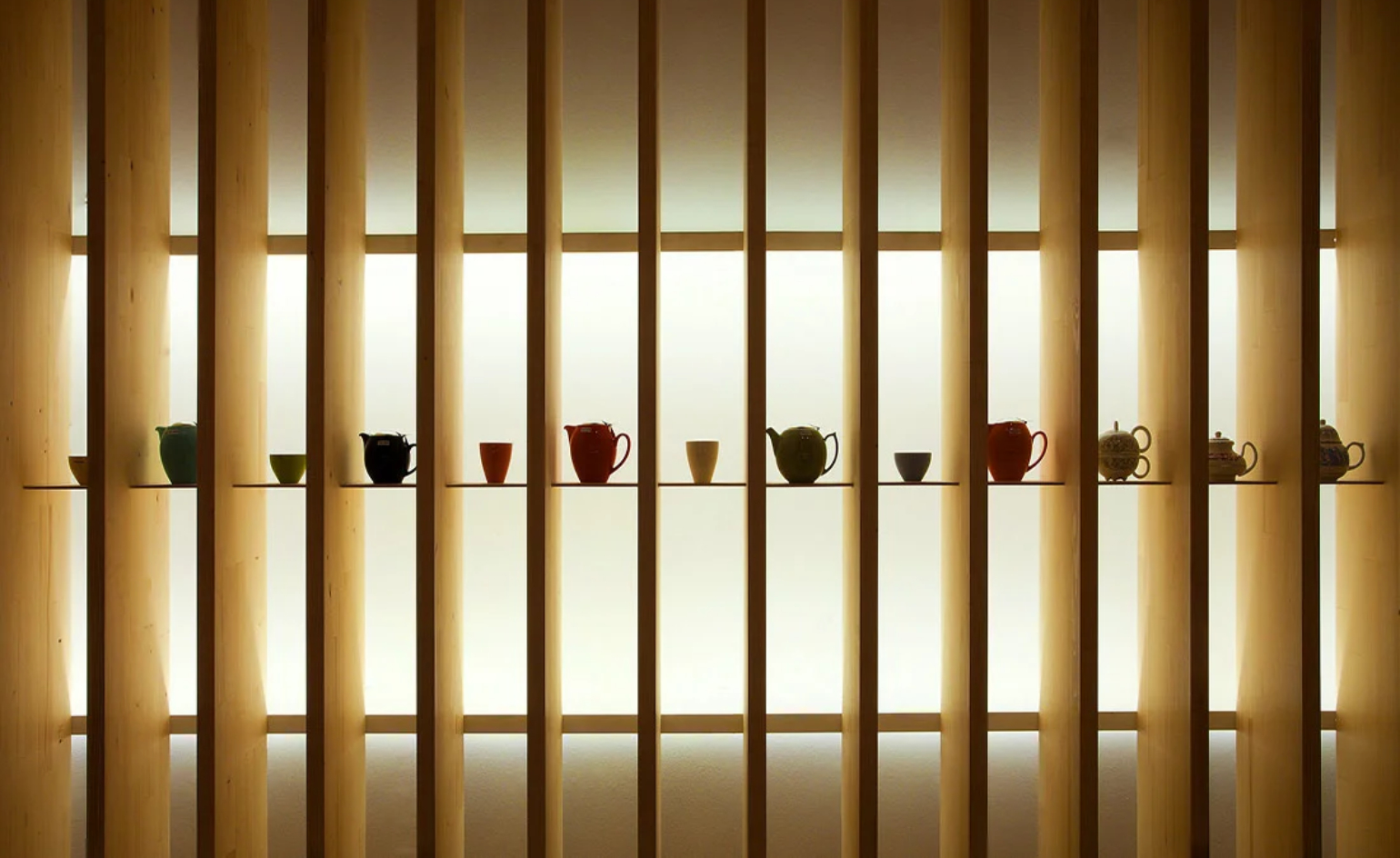 Tour the best contemporary tea houses around the world
Tour the best contemporary tea houses around the worldCelebrate the world’s most unique tea houses, from Melbourne to Stockholm, with a new book by Wallpaper’s Léa Teuscher
By Léa Teuscher
-
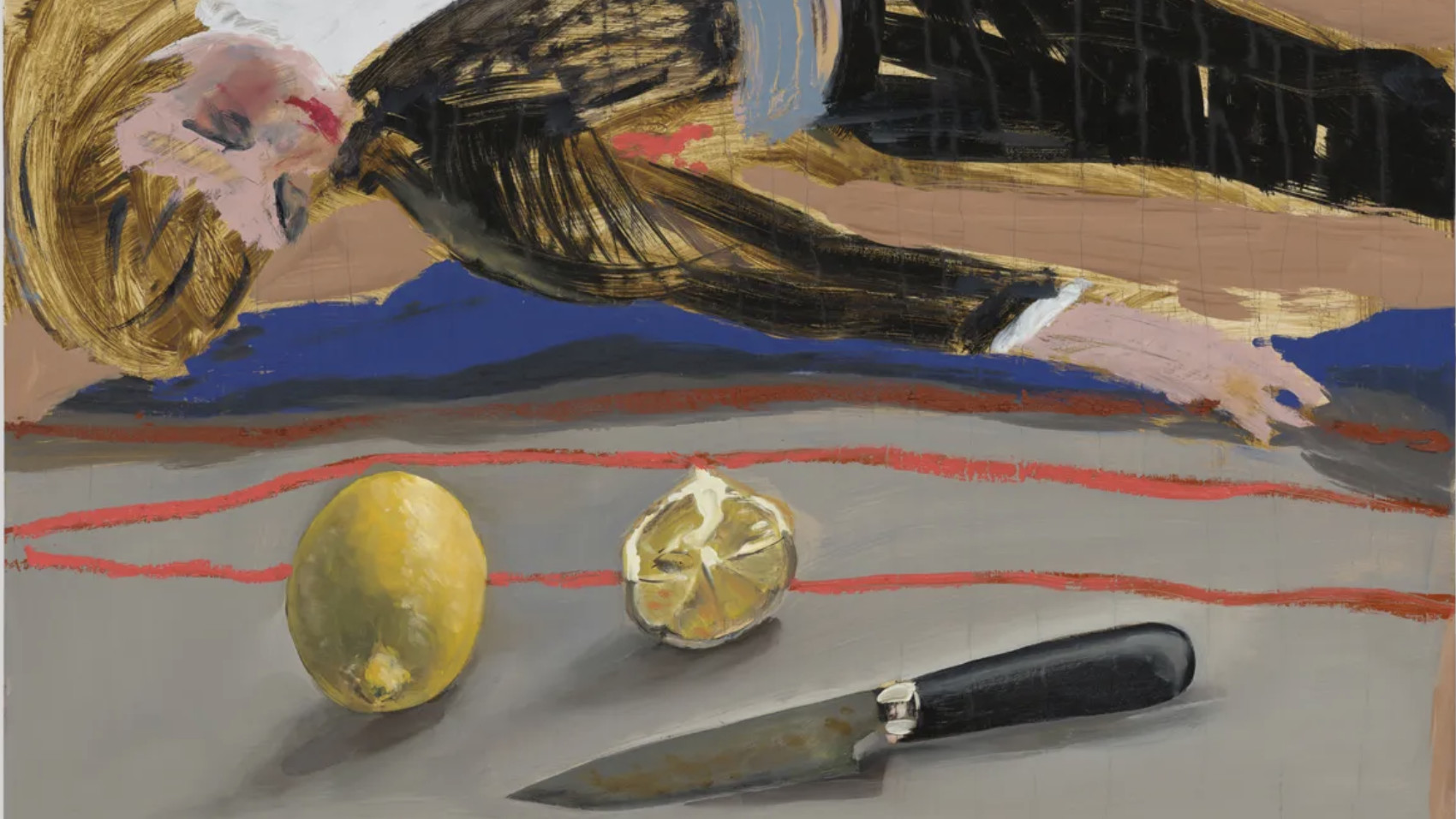 ‘Humour is foundational’: artist Ella Kruglyanskaya on painting as a ‘highly questionable’ pursuit
‘Humour is foundational’: artist Ella Kruglyanskaya on painting as a ‘highly questionable’ pursuitElla Kruglyanskaya’s exhibition, ‘Shadows’ at Thomas Dane Gallery, is the first in a series of three this year, with openings in Basel and New York to follow
By Hannah Silver
-
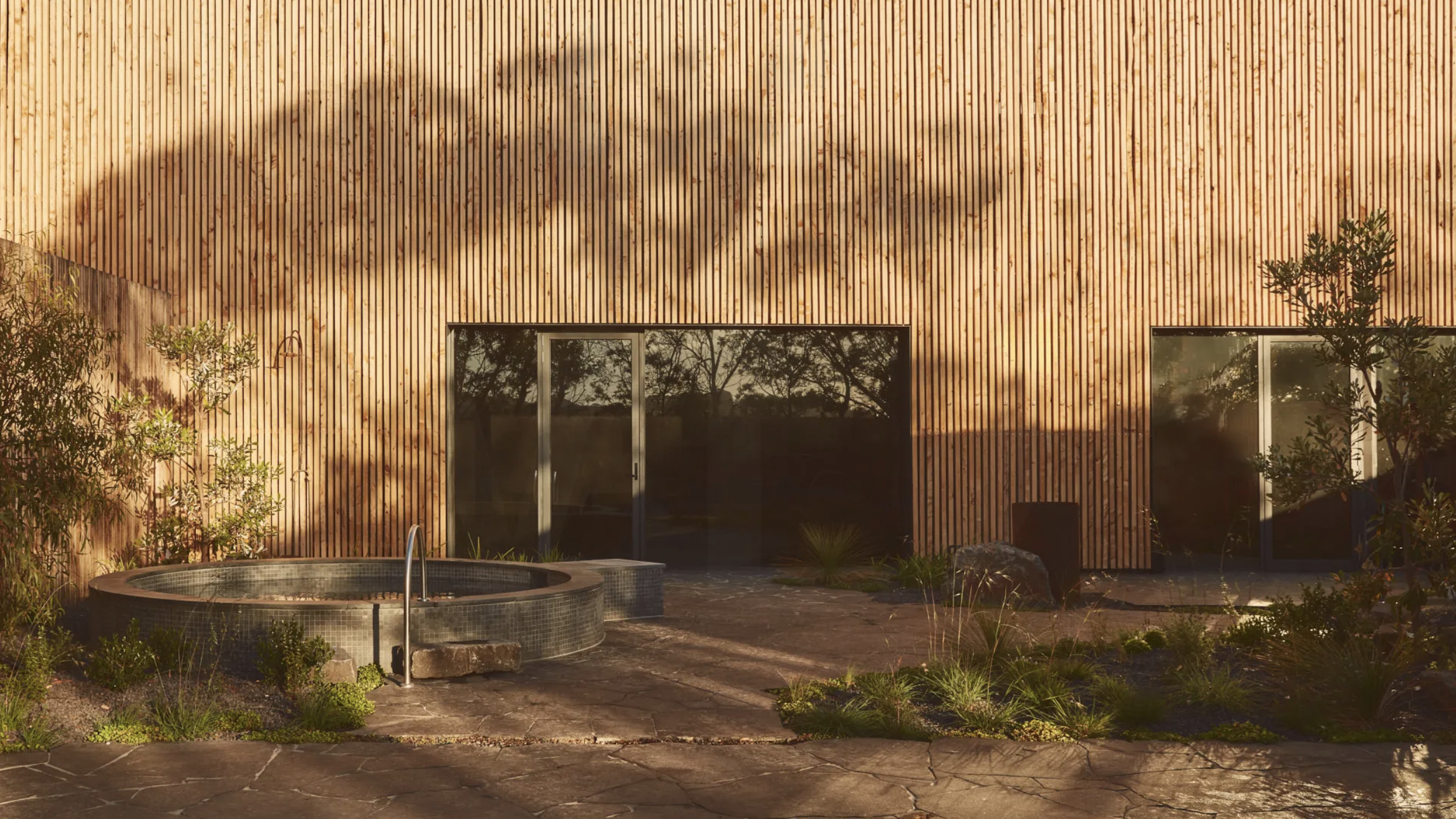 Australian bathhouse ‘About Time’ bridges softness and brutalism
Australian bathhouse ‘About Time’ bridges softness and brutalism‘About Time’, an Australian bathhouse designed by Goss Studio, balances brutalist architecture and the softness of natural patina in a Japanese-inspired wellness hub
By Ellie Stathaki
-
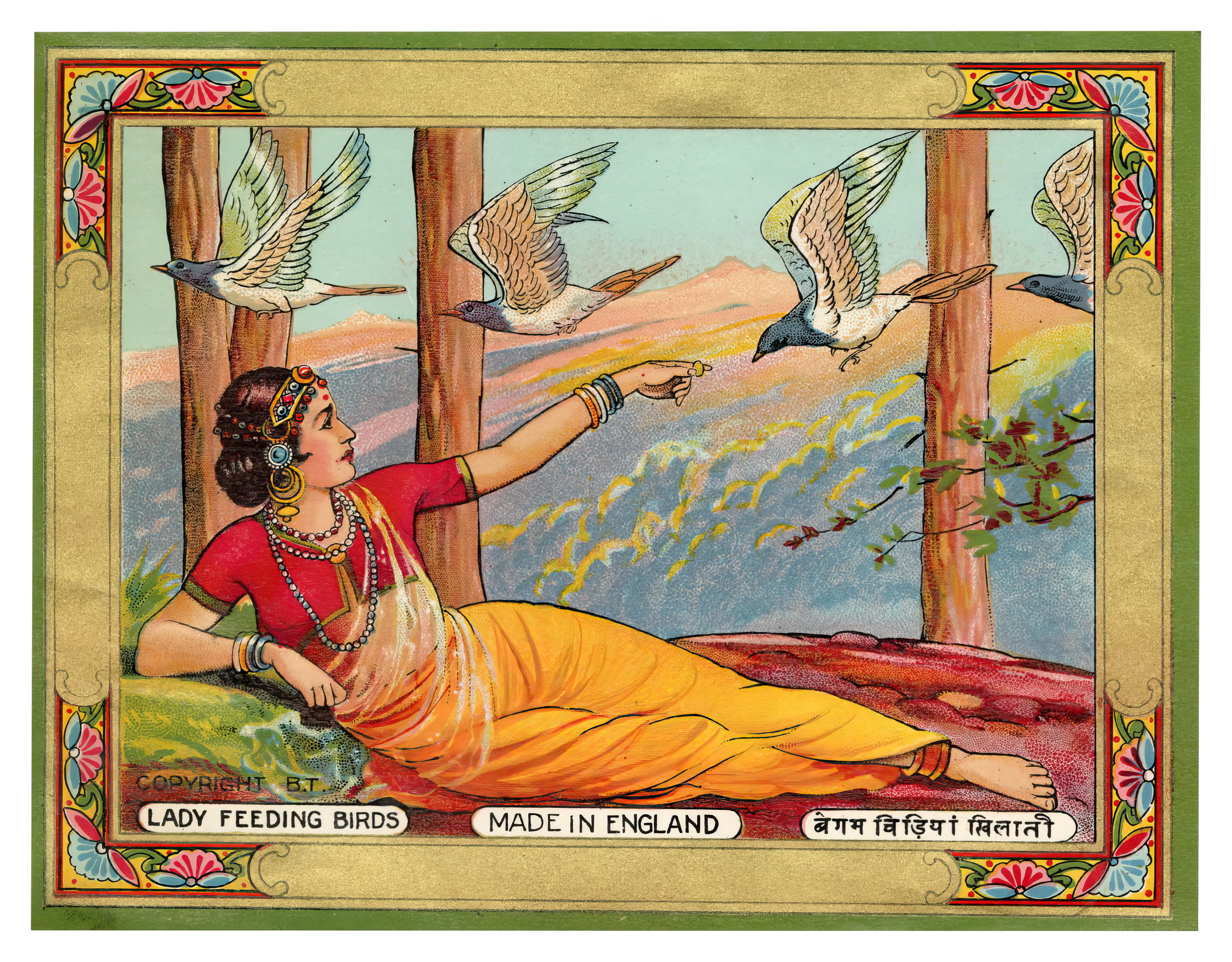 The art of the textile label: how British mill-made cloth sold itself to Indian buyers
The art of the textile label: how British mill-made cloth sold itself to Indian buyersAn exhibition of Indo-British textile labels at the Museum of Art & Photography (MAP) in Bengaluru is a journey through colonial desire and the design of mass persuasion
By Aastha D
-
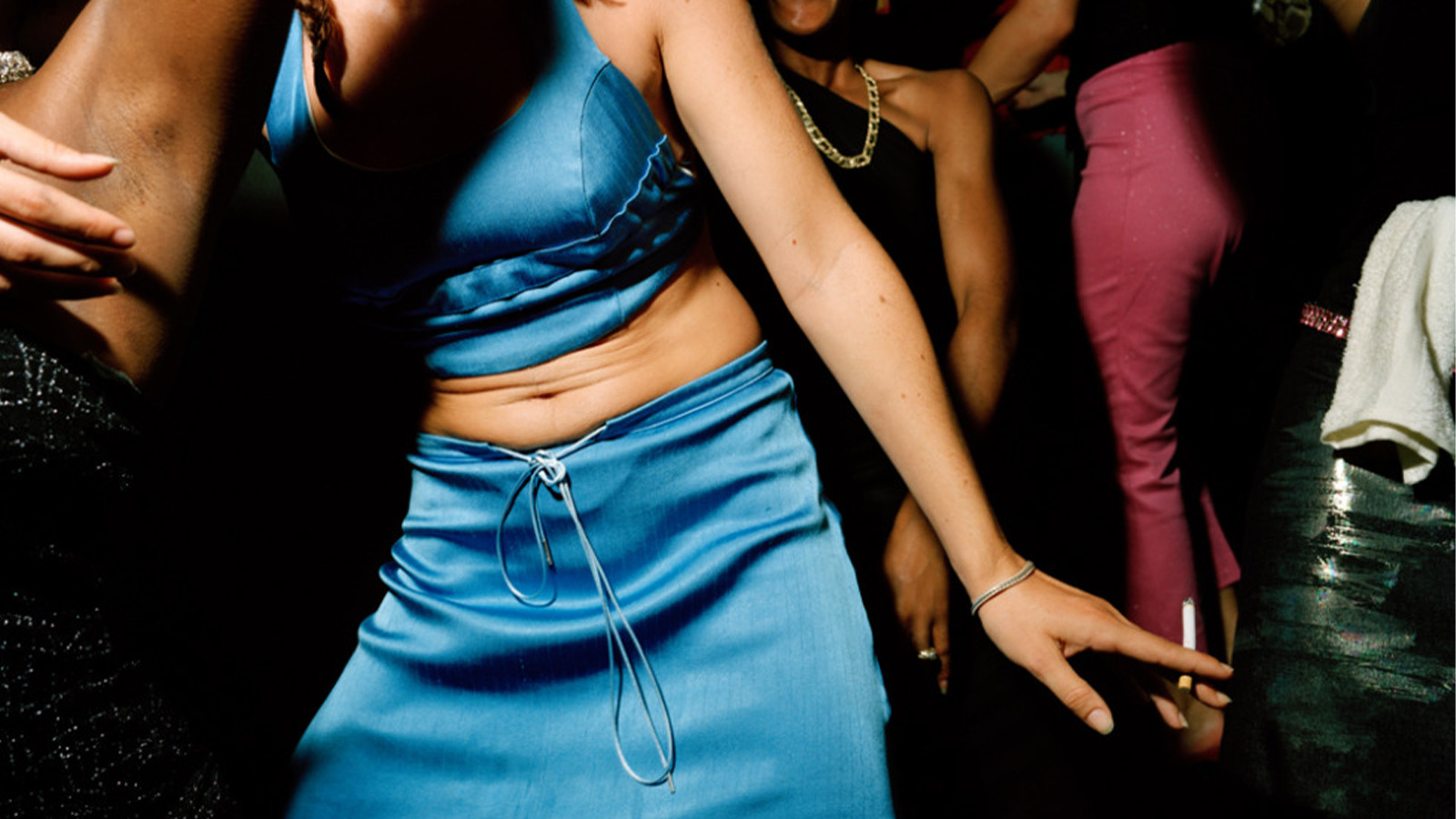 From counter-culture to Northern Soul, these photos chart an intimate history of working-class Britain
From counter-culture to Northern Soul, these photos chart an intimate history of working-class Britain‘After the End of History: British Working Class Photography 1989 – 2024’ is at Edinburgh gallery Stills
By Tianna Williams
-
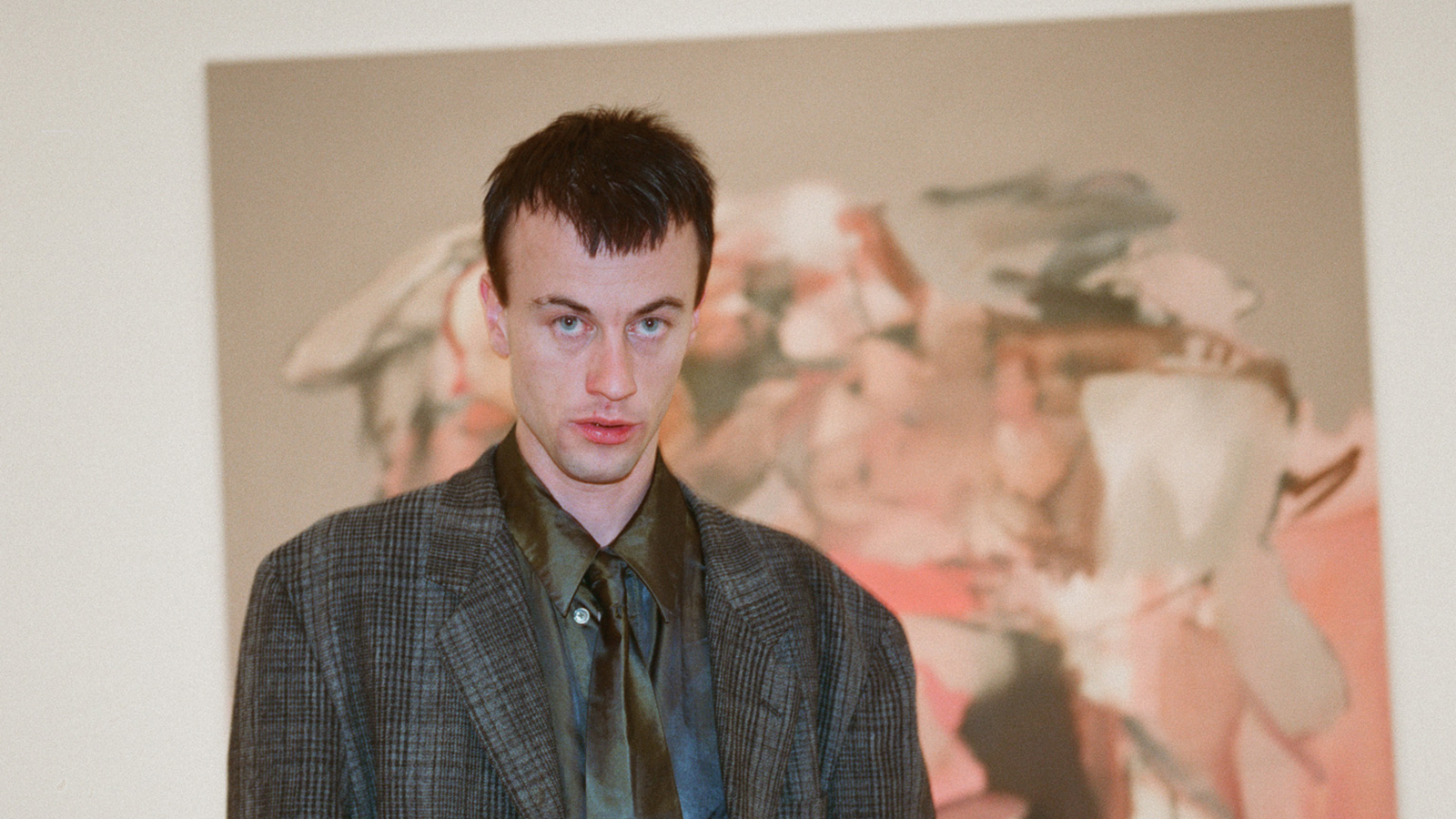 Inside the distorted world of artist George Rouy
Inside the distorted world of artist George RouyFrequently drawing comparisons with Francis Bacon, painter George Rouy is gaining peer points for his use of classic techniques to distort the human form
By Hannah Silver
-
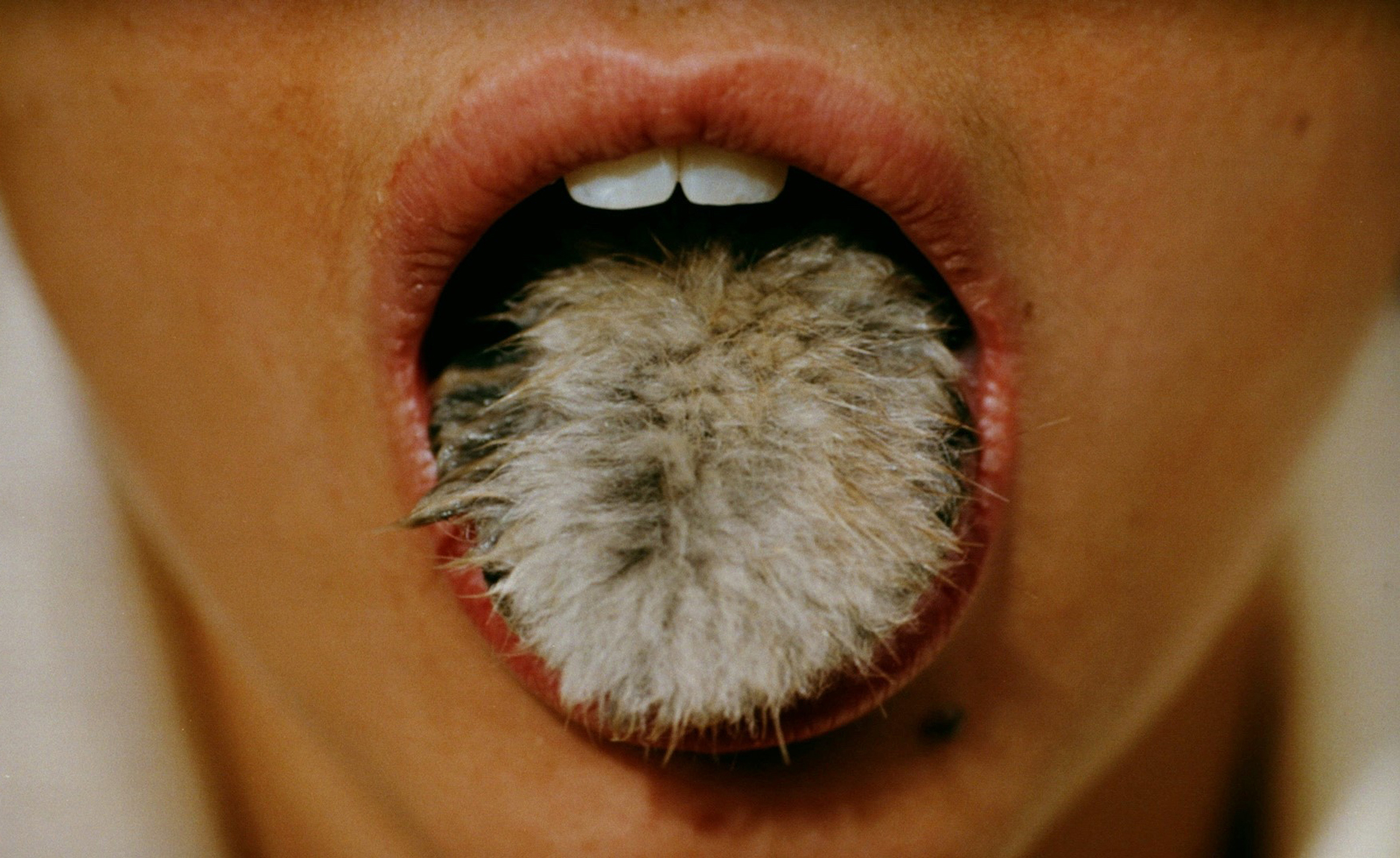 Surrealism as feminist resistance: artists against fascism in Leeds
Surrealism as feminist resistance: artists against fascism in Leeds‘The Traumatic Surreal’ at the Henry Moore Institute, unpacks the generational trauma left by Nazism for postwar women
By Katie Tobin
-
 From activism and capitalism to club culture and subculture, a new exhibition offers a snapshot of 1980s Britain
From activism and capitalism to club culture and subculture, a new exhibition offers a snapshot of 1980s BritainThe turbulence of a colourful decade, as seen through the lens of a diverse community of photographers, collectives and publications, is on show at Tate Britain until May 2025
By Anne Soward
-
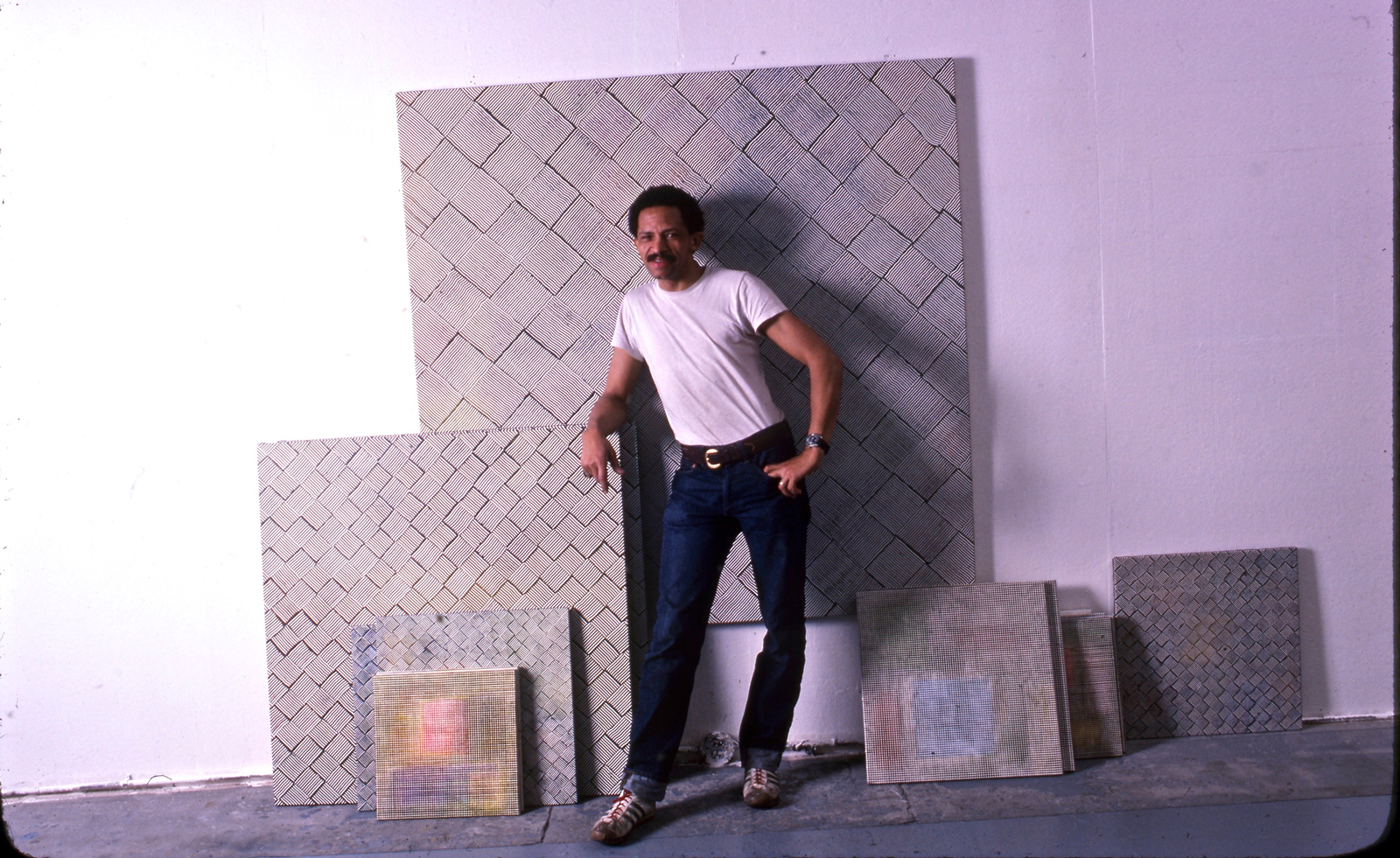 Inside Jack Whitten’s contribution to American contemporary art
Inside Jack Whitten’s contribution to American contemporary artAs Jack Whitten exhibition ‘Speedchaser’ opens at Hauser & Wirth, London, and before a major retrospective at MoMA opens next year, we explore the American artist's impact
By Finn Blythe
-
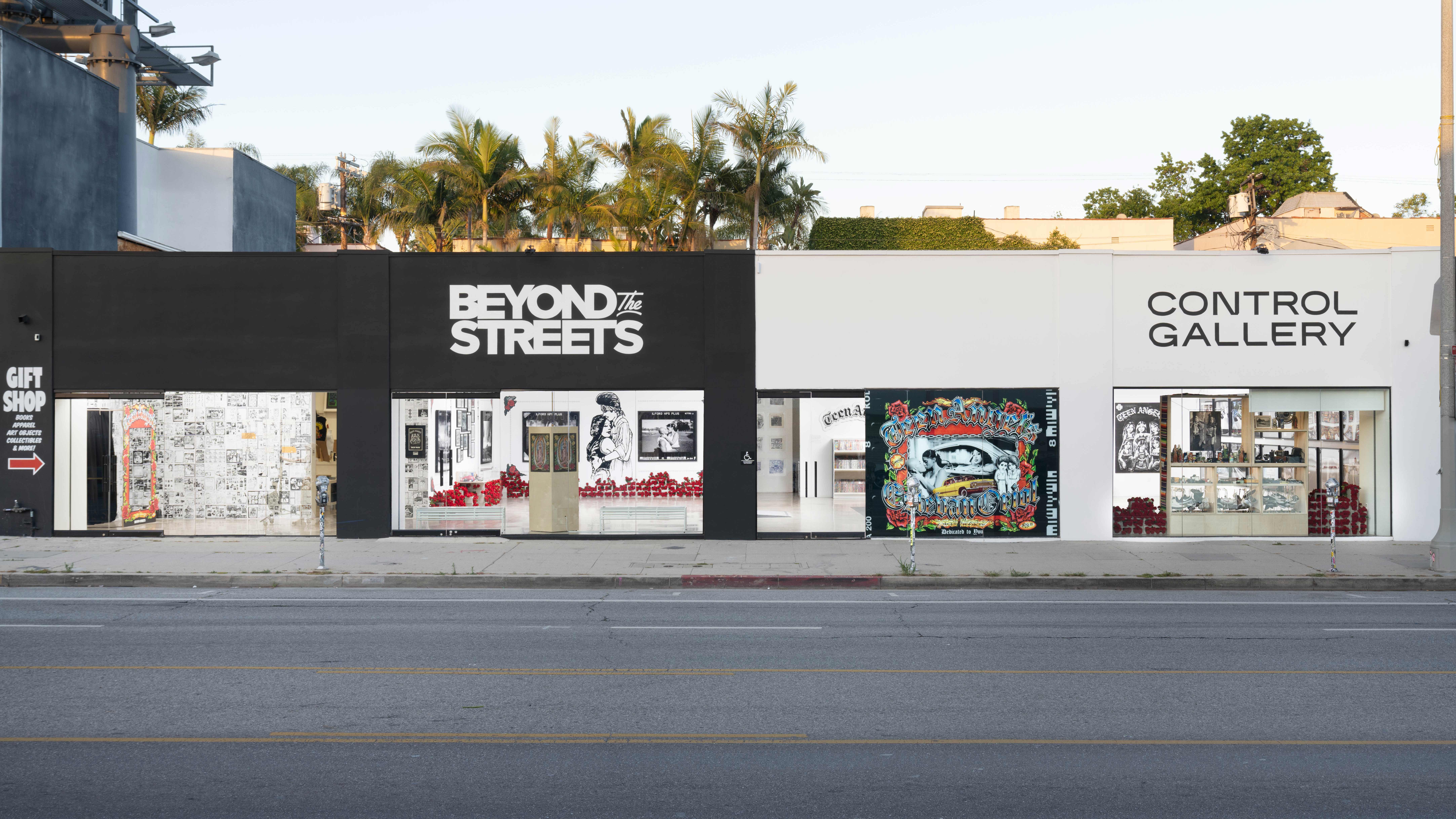 The lesser-known Los Angeles galleries contributing to a vibrant art scene
The lesser-known Los Angeles galleries contributing to a vibrant art sceneOutside of LACMA, MOCA and The Broad, these independent LA galleries are major players in the art world
By Kevin EG Perry
-
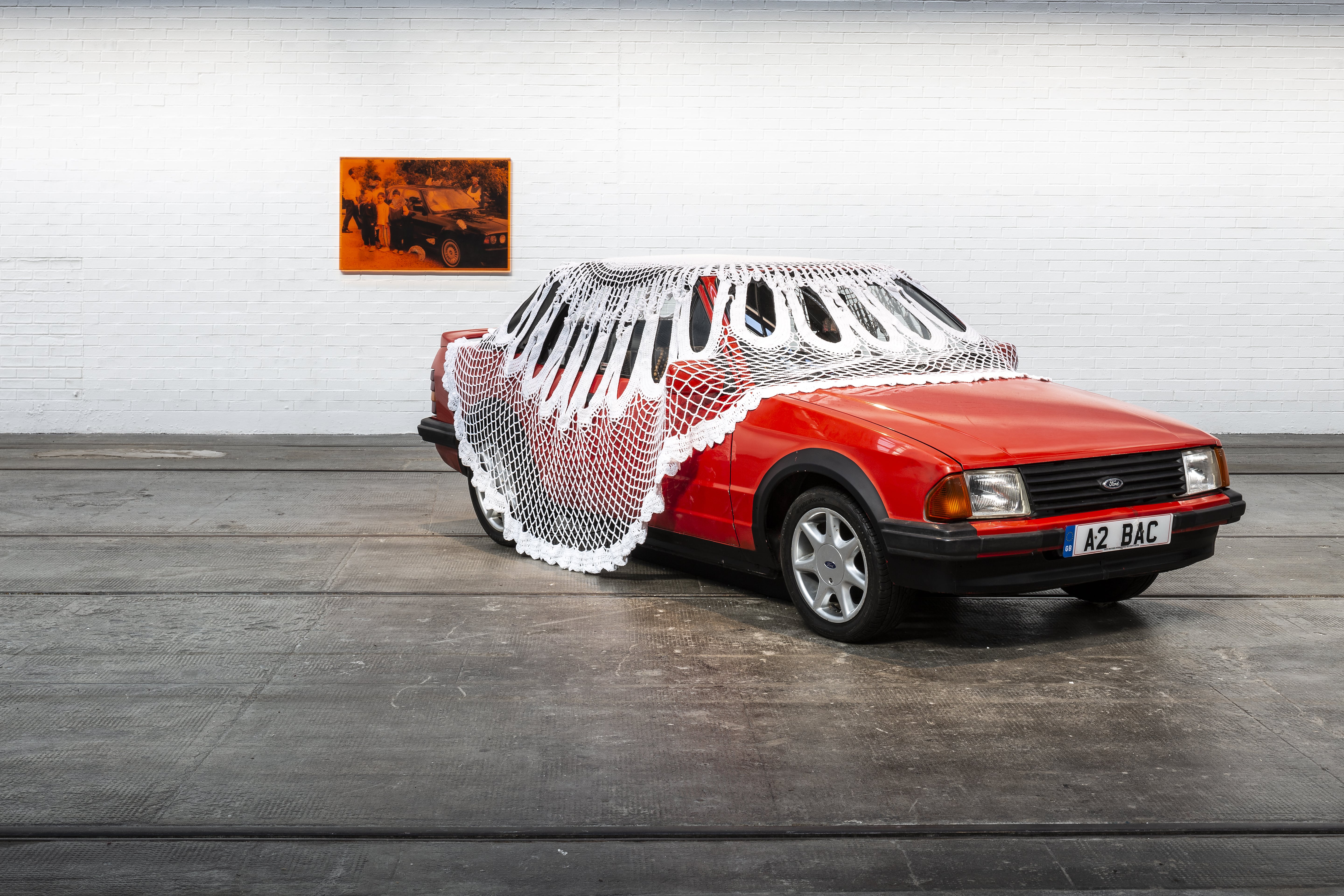 Jasleen Kaur wins the Turner Prize 2024
Jasleen Kaur wins the Turner Prize 2024Jasleen Kaur has won the Turner Prize 2024, recognised for her work which reflects upon everyday objects
By Hannah Silver